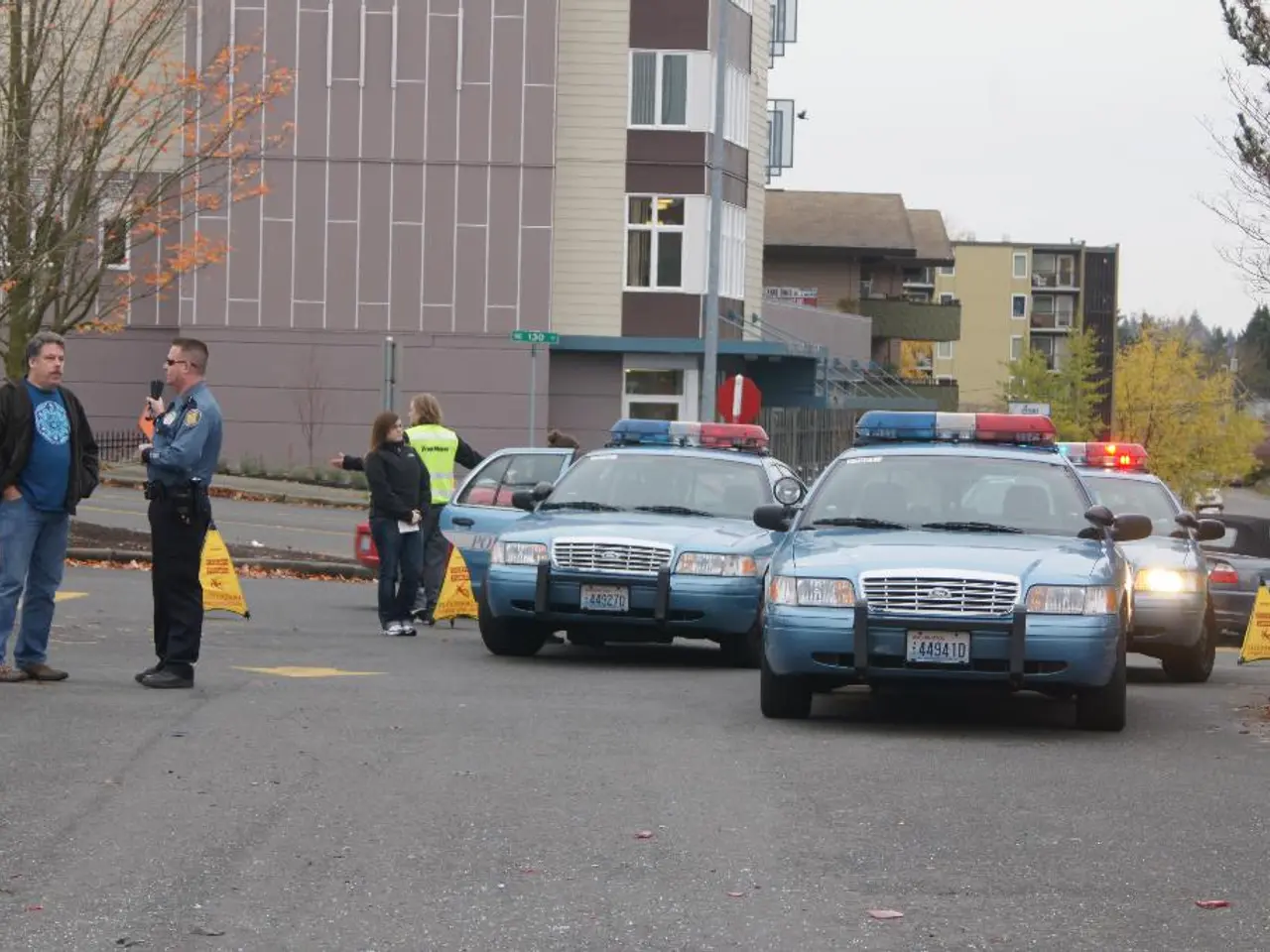Strategies for Ensuring Child Safety in Cars during Summer Heat
Rising Pediatric Heatstroke Deaths in Vehicles: A Call for Action
There has been a concerning increase in pediatric heatstroke deaths in vehicles in recent years. On average, a child dies every 10 days from heatstroke in a vehicle, representing a 35% rise from 2023 to 2024.
These tragedies often occur due to children being accidentally left behind in cars that heat rapidly, even when the outside temperature is relatively mild. Cars can heat up by about 19°F in just 10 minutes and can become up to 50°F hotter than the outdoor temperature. Young children are at greater risk because their bodies heat 3-5 times faster than adults.
Approximately half of these cases involve children being unknowingly left in the car by caregivers, while a quarter involve children gaining access on their own. The problem affects families across all demographics and is primarily linked to human memory failure under stress, not negligence.
To prevent these heatstroke deaths, it's essential to always check the car, including the back seat, when leaving the vehicle, especially if a child is missing. Keeping vehicles locked and keys out of children’s reach also helps prevent access. Using reminders such as placing an essential item (phone, purse) in the back seat with the child can serve as a reminder.
Never leaving children unattended in vehicles, even for a short time or with windows cracked, is another crucial prevention measure. Advocating for or using cars equipped with occupant detection technology that alerts caregivers if a child is left inside is also urged by safety groups and family advocates.
Heatstroke can happen year-round in many U.S. regions, not just during summer months. Organizations like Kids and Car Safety, NoHeatStroke.org, and the National Highway Traffic Safety Administration (NHTSA) provide education and promote technologies designed to reduce these tragedies.
In some states, breaking a car window to save a child or animal from heat is legal under certain conditions. For example, Washington state passed a bill this year preventing prosecution or lawsuits for breaking a car window to save a child or animal from heat. However, it's recommended to check local ordinances before taking such action.
If you see a child alone in a locked car, call 911 immediately. Never break a car window without also calling 911. It's also recommended to get in the habit of checking the back seat of vehicles before leaving.
In the last 25 years, 52.6% of hot car deaths were due to children being forgotten by a parent or caregiver. Vigilance, routine checks, and adopting safety habits are crucial to prevent these avoidable deaths. For detailed statistics, prevention tips, or ongoing advocacy efforts, reputable sources like the ones mentioned above are good starting points.
- Science can play a significant role in developing technologies to prevent pediatric heatstroke deaths in vehicles, such as occupant detection systems that alert caregivers if a child is left inside.
- To ensure the health-and-wellness of children during the hot summer months, it's essential to follow safety precautions like checking the car before leaving and keeping vehicles locked to prevent accidental injuries and heatstroke.




